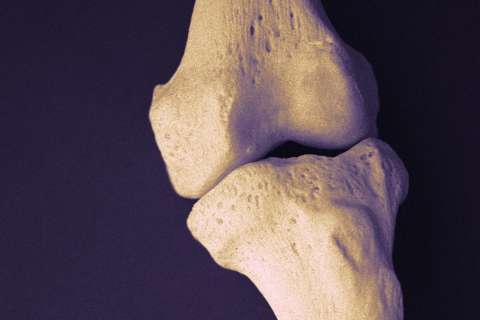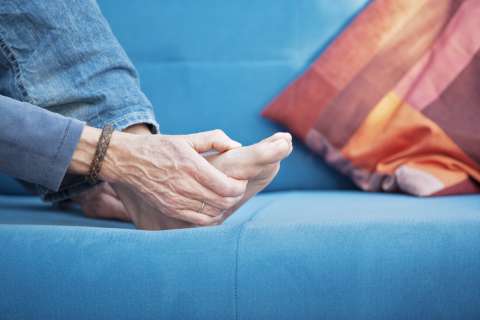Hello, dear readers, and welcome to an extension of our monthly letters column. Our main letters column this month was devoted to your questions about the new coronavirus vaccine -- an important topic that needed immediate attention. So we’re back with parts one and two of a bonus edition to help catch up with your more general questions. Onward to part one!
- A reader from Cleveland asked if eating carrots helps with prostate health. “Have you ever heard of this?” he asked. “How many carrots do you have to eat?” While a potential link between eating carrots and prostate health has been a subject of interest for a number of years, the research remains inconclusive. Some studies have found a link between alpha-carotene, a nutrient in carrots, and a decrease in prostate cancer risk. The studies found eating a medium-sized carrot each day, or drinking freshly pressed carrot juice, to be helpful. However, those results haven’t been universally duplicated. If you’re going to try it, we recommend eating your carrots, because the crude fiber they contain is beneficial to the gut.
- In a column about why falling is a serious health risk for older adults, a reader from Fresno, California, asked for a clarification. “You wrote that just a sprain or a bruise can interfere with quality of life,” she wrote. “Can you elaborate?” Although a big concern with falls is breaking a bone, even a mild injury can alter someone’s routine. A sprained ankle makes it difficult to get around. Small tasks like going to the mailbox, or even walking from room to room, can become daunting. The aches and pain of a bruise can limit movement, so basic actions like reaching up to a kitchen shelf or dressing oneself become more difficult. These limits are temporary, of course, since sprains and bruises heal. But, in the meantime, daily life is adversely affected.

Elizabeth Ko, MD and Eve Glazier, MD
- A reader near Austin, Texas, who recently cared for her father and two aunts at the ends of their lives, noticed that dentists would sometimes suggest procedures that were out of step with the needs and abilities of an older adult. “Do keep up with cleanings and care for cavities, but get a second opinion for things like tooth extractions and implants,” she wrote. “Some older senior citizens may not be healthy enough for these procedures, which the dentist may not know, or they may not have the money to afford them.” We think that’s very good advice. A second opinion can clarify a medical or dental issue and help ensure that only necessary care is performed. Thank you for sharing.
- A reader from Tulsa, Oklahoma, got right to the point with his question: “Is it possible for mosquitoes to pass on COVID-19?” So far, there are no known cases of the new coronavirus being transmitted via a mosquito bite. It’s a respiratory virus, and its main form of transmission is through the droplets from a cough or sneeze and the smaller particles released when we speak or exhale.
See you in a few days with bonus questions in part two.
(Send your questions to [email protected], or write: Ask the Doctors, c/o UCLA Health Sciences Media Relations, 10880 Wilshire Blvd., Suite 1450, Los Angeles, CA, 90024. Owing to the volume of mail, personal replies cannot be provided.)





